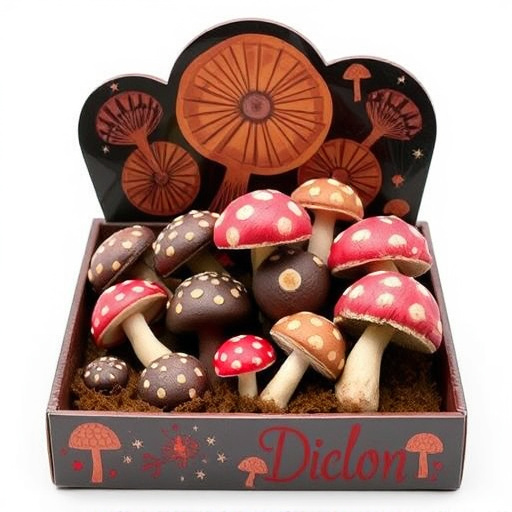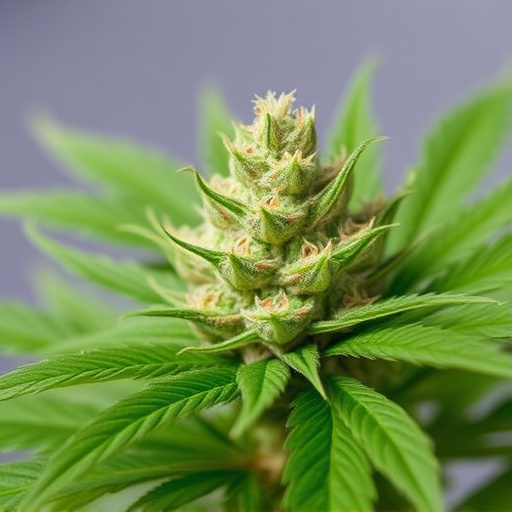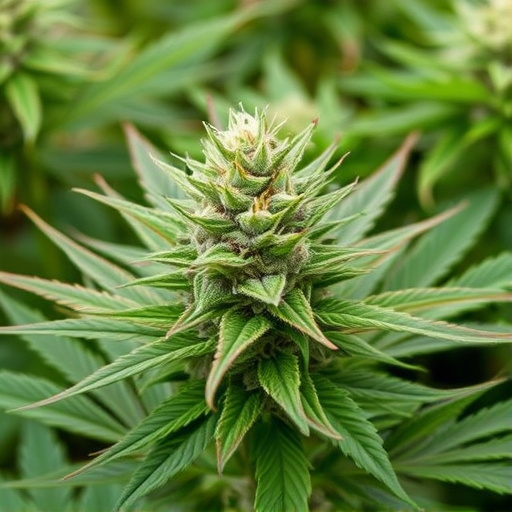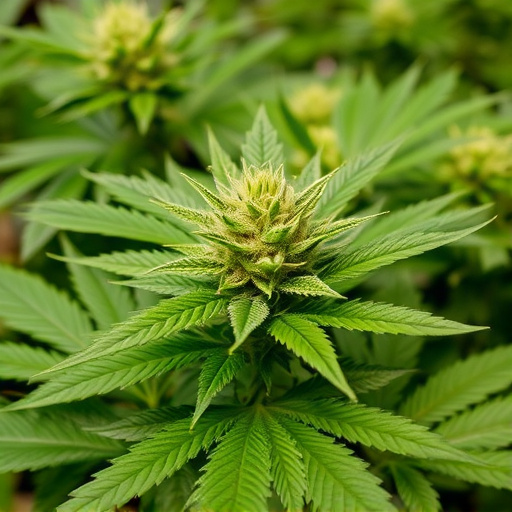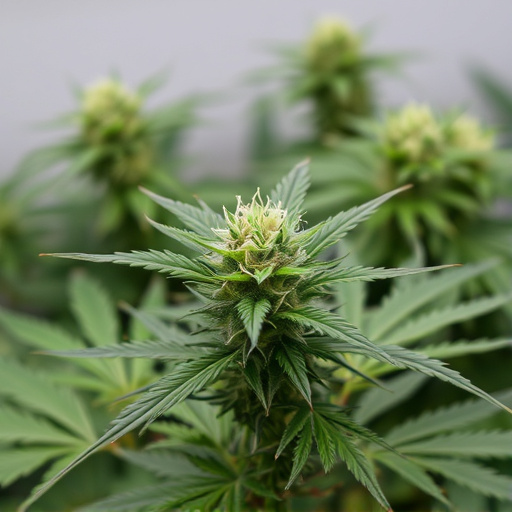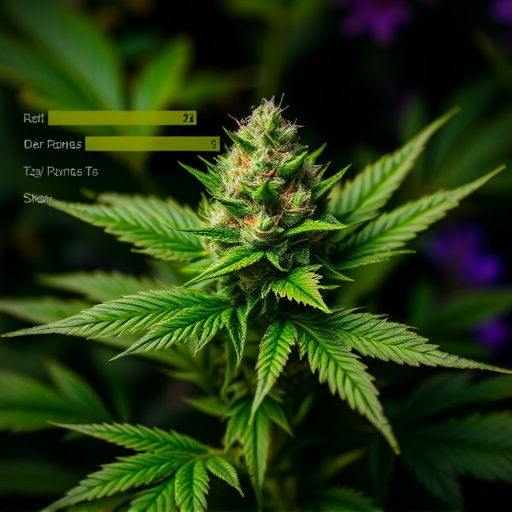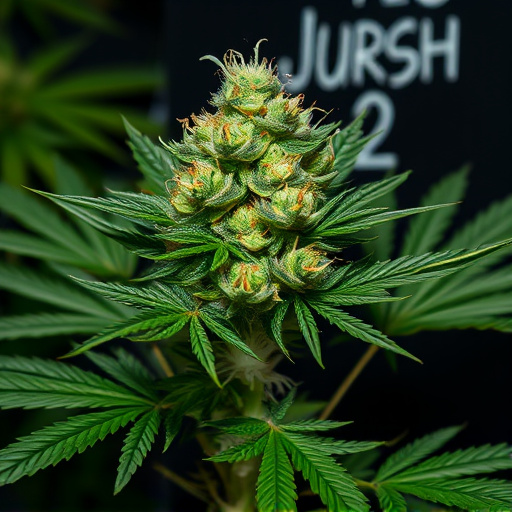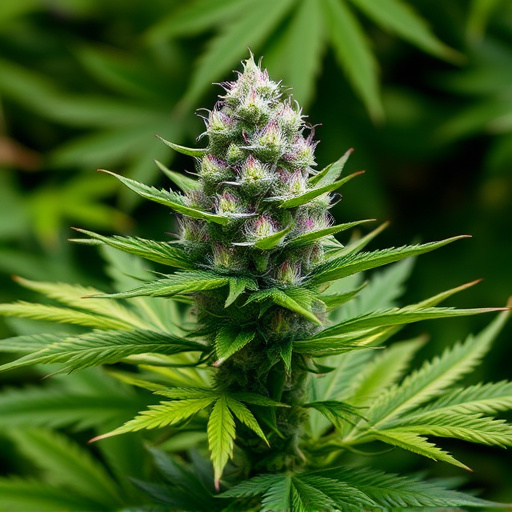The most potent strains of cannabis, rich in cannabidiol (CBD) and low in tetrahydrocannabinol (THC), offer promising therapeutic options for mental health conditions like anxiety, depression, and PTSD. These strains interact with the body's endocannabinoid system to provide relief without cognitive issues or increased anxiety. Advanced breeding and cultivation techniques are used to isolate and enhance beneficial compounds, catering to diverse well-being needs. Integrating cannabis into mental health support requires careful navigation, understanding that not all strains are equal, and tailoring treatments to individual needs for optimal outcomes. Comprehensive research is needed to explore specific cannabinoids' properties and their interaction with the endocannabinoid system. Safe administration methods, including precise dosing and delivery systems, should also be investigated for personalized, responsible cannabis integration in mental healthcare.
Can cannabis flower offer a natural path to improved mental well-being? This question has sparked growing interest as research delves into its potential therapeutic effects. This article explores the intersection of cannabis and mental health, focusing on how understanding specific strains can lead to better support for conditions like anxiety and depression. We uncover the most potent cannabis varieties scientifically proven for their benefits while navigating considerations for safe integration into modern mental healthcare.
- Understanding Cannabis Flower and Its Potential Benefits for Mental Health
- The Science Behind Cannabis Strains: Unveiling the Most Potent Varieties
- Integrating Cannabis into Mental Health Support: Considerations and Next Steps
Understanding Cannabis Flower and Its Potential Benefits for Mental Health
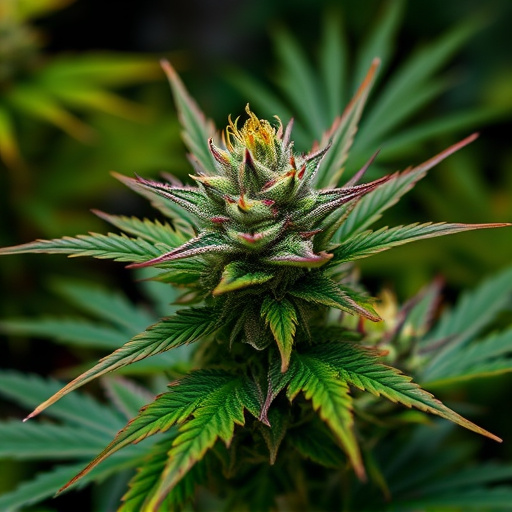
Cannabis flower, derived from the plant Cannabis sativa, has gained significant attention for its potential therapeutic effects on mental health. While it is known for its psychoactive properties due to the presence of tetrahydrocannabinol (THC), recent studies suggest that specific strains and their unique cannabinoid profiles can offer a wide range of benefits without causing severe side effects.
The most potent strains of cannabis, often rich in cannabidiol (CBD) and minimal THC, have shown promise in managing conditions such as anxiety, depression, and post-traumatic stress disorder (PTSD). CBD, a non-intoxicating compound, is believed to interact with the endocannabinoid system in the body, which plays a crucial role in regulating mood, appetite, and pain perception. These strains may provide relief without causing the cognitive impairment or anxiety sometimes associated with high-THC varieties, making them potential game-changers in the field of mental health treatment.
The Science Behind Cannabis Strains: Unveiling the Most Potent Varieties
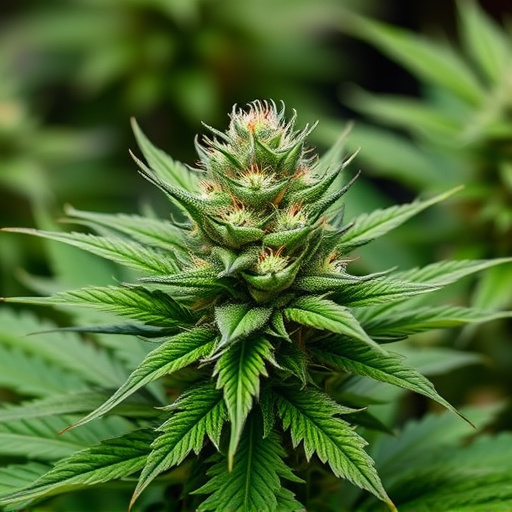
The world of cannabis is a complex landscape, with countless strains and varying levels of potency. When it comes to mental health support, understanding the science behind different strains is key. Research suggests that specific cannabis varieties, known for their high concentrations of therapeutic compounds, can offer significant benefits.
Among the most potent strains are those rich in Cannabidiol (CBD) or Tetrahydrocannabinol (THC), the primary psychoactive compounds. High-CBD strains, for instance, have gained popularity for their potential to reduce anxiety and depression without the intense mental effects associated with THC. Conversely, balanced ratios of CBD:THC may provide a more subtle yet effective calming effect, making them versatile options for various mental health concerns. Unveiling the most potent strains involves meticulous breeding and cultivation practices to isolate and enhance these beneficial compounds, ensuring their effectiveness in supporting overall well-being.
Integrating Cannabis into Mental Health Support: Considerations and Next Steps
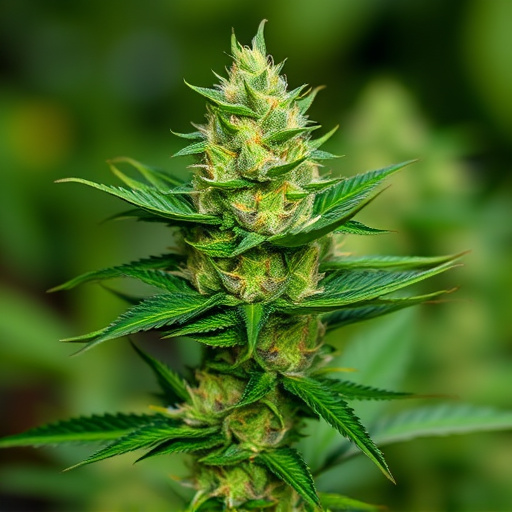
Integrating cannabis into mental health support raises intriguing possibilities but requires careful consideration and further research. While some individuals find relief from symptoms associated with conditions like anxiety, depression, and PTSD through medical cannabis use, it’s crucial to understand that not all strains offer the same benefits, nor is cannabis a one-size-fits-all solution. Identifying and utilizing the most potent strains of cannabis suitable for individual needs can significantly impact treatment outcomes.
Looking ahead, comprehensive studies are needed to explore the therapeutic potential of specific cannabinoids present in cannabis, their interaction with the endocannabinoid system, and their efficacy in treating various mental health disorders. Additionally, investigating safe and effective administration methods, such as precise dosing and tailored delivery systems, will be essential. This research should also consider the diverse patient population, taking into account age, medical history, and existing treatments to ensure personalized and responsible cannabis integration within mental health care.
Cannabis flower, with its diverse compounds and potential therapeutic effects, offers promising avenues for improving mental health. While research is still evolving, understanding specific strains and their unique profiles can empower individuals to make informed choices. Among the most potent strains known for their mental wellness benefits are those rich in CBD and specific terpenes. Integrating cannabis into mental health support requires careful consideration of individual needs, dosage, and consulting healthcare professionals. The future of cannabis-assisted therapy looks bright, with ongoing studies paving the way for a more holistic approach to mental well-being.

